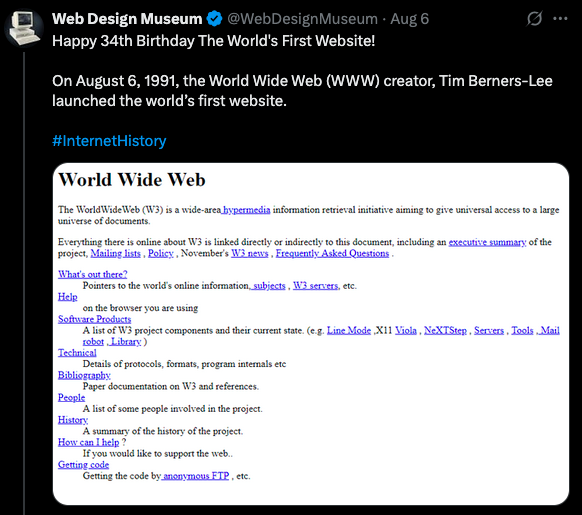Let’s start this off with the right tone, shall we? Jono Alderson shares his Impolighthouse project, a website performance checker, with cheek. Love it! This site didn’t do too badly, but will need to suss those couple bits out!
Sticking with performance, Ian Duffy offers a couple of nifty performance snippets that you might want to add to your custom extensions or bookmarks.
A nice walk-though by Kev Bonett on how Web Components Make Progressive Enhancement and CSS Encapsulation Easier. Like the author, I had also been under the impression that web components rely on JavaScript, but like the author, am happy to learn otherwise…
And while we’re talking about not needing JS, Kilian Valkhof presented Don’t Use JS for That: Moving Features to CSS and HTML. Like Kilian, I do not hate JS, but I do love my users, and I want them to have the best browsing experience possible. And less JS, when possible, is always better for that. :-)
Speaking of debunking previously held beliefs, Bramus https://www.bram.us helps break down a few Misconceptions about View Transitions.
And speaking of misconceptions, Brendan Kenny walks us through some Common misconceptions about how to optimize LCP. Think file size is your biggest enemy? You might need to think again…
The great Miriam Suzanne offers a wonderfully deep dive into the three different types of magnification (“zoom” in or out) in our web experiences. Much more data than most might want to know, but any other knowledge junkies out there will find it fascinating! :-)
Always fun to read along with Chris Coyier‘s thinking process, and this time he ponders What if you used Container Units for… everything? As Chris quickly points, “Turns out, surprise surprise, that it’s not that easy”, but then kindly goes on to explain why. Would’ve been an awfully short article if he hadn’t…
Sticking with Frontend Masters for a sec, Marc Grabanski walks through some Patterns for Memory Efficient DOM Manipulation with Modern Vanilla JavaScript. An extremely important topic in the world of performance, especially for anyone trying to keep their INP under control…
And speaking of memory efficiency, Trevor Indrek Lasn walks us through some of the Common Causes of Memory Leaks in JavaScript. This article gets deep fast, but covers some really great errors to avoid!
And speaking of web performance, the good folks at Speedcurve have offered-up their take on a Web Performance Guide. It starts out pretty high-level (i.e. “how page speed affects your users“, “build a healthy culture of web performance” and an intro into CWV), but also delves into topics like optimizing SPAs and third-party scripts. In any event, always worth at least a scan, make sure you’re not missing anything in your perf-related tasks.
And finally, we passed a huge milestone last month, as noted by the Web Design Museum on Twitter:

And finally finally, if you are into, like, history and stuff, checkout this run-down on the history of Interweb terminologies by Erica Brozovsky! For example, did you know that the word “browser” is actually an acronym???
And finally finally finally, if that got you going, check-out Dr. Erica’s The Weird History of Invented Languages video… OMG… Does it never end???
Happy reading,
Atg